US election 2016: Why is Iowa like Leicester City FC?
- 30 January 2016
- US Election 2016
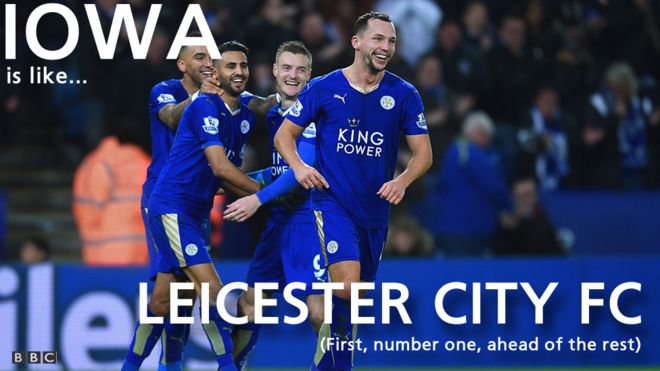
Iowa is about to become the centre of the political universe. Here's an unconventional guide to the Hawkeye state and its role in picking a US president.
Iowa does not make the news very often, and the low-key residents of this rural Midwestern state like it that way. But every four years, when the race for the White House begins, a place with six times more pigs than people is thrust into the global spotlight.
Why do presidential candidates - and the world's media - descend on Des Moines in the middle of a bitterly cold winter? It's all because Iowa holds the first contest in the months-long nomination battle (learn more here).
And that's why Iowa is like Leicester City. The unfashionable, and internationally unknown - until this season - football team, also finds itself unexpectedly in first place, atop the English Premier League. Both the US state and the football team are also ahead of the traditional big boys too - Texas, California and Florida are the electoral equivalents of Manchester United, Chelsea and Arsenal.
But while Foxes fans can cling on to the dream of being number one - and the biggest storyline in the game - until the final whistle blows, the political calendar means Iowa's fame can only be fleeting. By dawn on Tuesday, just hours after we find out who won the caucuses, all the candidates and journalists will be on their way out. Iowa will return to its quiet sleepy self - until 2020 at least.
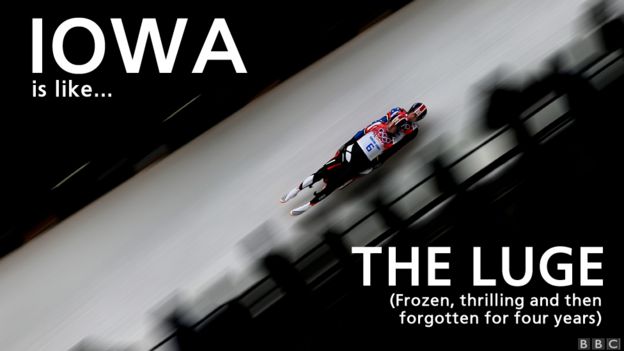
The short-lived nature of interest in Iowa is also why it is like the luge.
Each Winter Olympics, which also take place every four years, the watching world suddenly becomes obsessed with (and self-declared experts in) an event they know almost nothing about.
While luge neophytes confidently discuss body position and exit steering in the chute, in Iowa part-time politicos show off by citing obscure caucus rules and the latest Quinnipiac polls. Once it's all over, of course, you hear nothing of either.
The comparison is helped by the fact that both take place on frozen terrain, involve a careful balancing act and are thrilling because of the risk of a spectacular, and (politically) fatal crash.
Send us your suggestions
- what do you think Iowa is like?
- send your idea to us2016@bbc.co.uk with a subject line "Iowa is"
- we will publish a selection
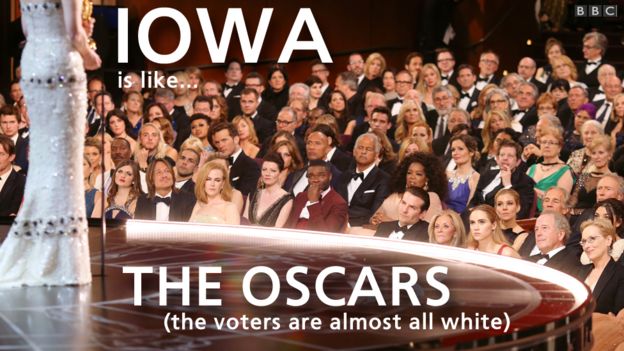
And then there's the matter of who has a say in deciding the winner.
It turns out that Hollywood is even whiter than the Hawkeye state. While the latest figures from the US Census show that 92.1% of Iowans are white (compared to 77.4% of the overall American population), the people who vote on the Oscars are 94% white, according to a 2013 survey of Academy Award members.
Beyond the lack of diversity, however, the demographics in the two places are rather different.
The Los Angeles area alone has around 18 million people compared to Iowa's total population of three million (although that means there are roughly the same number of pigs in each). Iowa's Hispanic or Latino population did double from 2.8% in 2000 to 5% in 2010, but in California Hispanics now outnumber whites.
Coming back to politics, there is also an important distinction. While Hollywood celebrities invariably endorse Democratic candidates, Iowa is a swing state which backed President Obama in 2012 but has two Republican senators. More people actually identify as Independent than for either party.
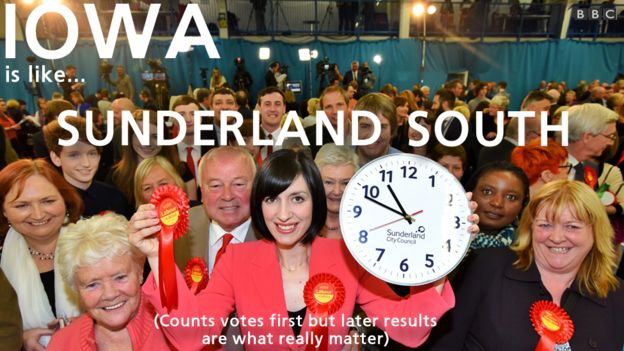
And let's end on the significance of Monday night's results.
In this regard Iowa is rather like Houghton & Sunderland South, the UK constituency which competes to be the first to count the votes during a British general election. It's all very exciting as the ballots are being counted but the impact on the overall election result is minuscule.
While Iowa can set the tone of the primary contest and give candidates momentum, they actually send only about 1% of the delegates to each party's nominating convention.
And if you need proof that the Iowa caucuses are not as important as everyone makes out, just look at how many Iowans bother to take part.
In 2012, fewer than 20% of the state's registered Republicans participated, an embarrassing turnout for which no one deserves a rosette.
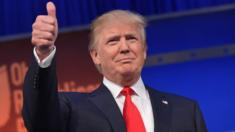

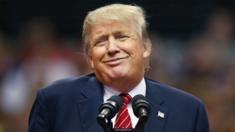


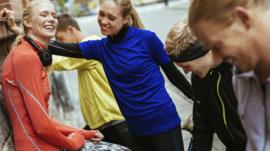
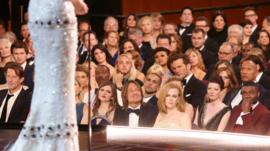
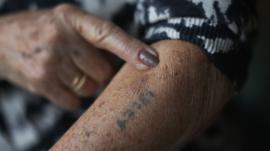
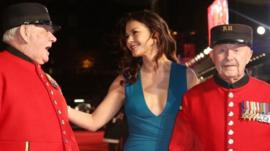
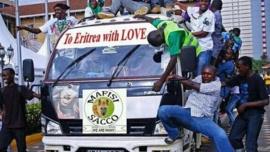

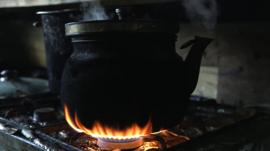

No comments:
Post a Comment
Please leave a comment-- or suggestions, particularly of topics and places you'd like to see covered